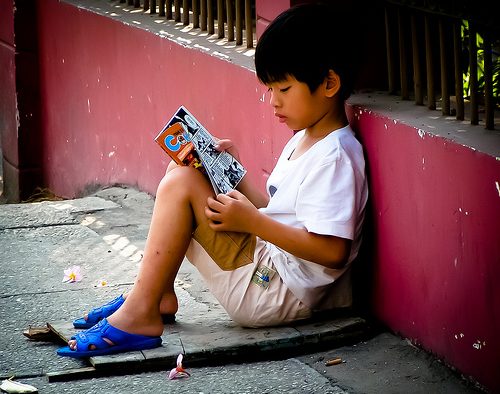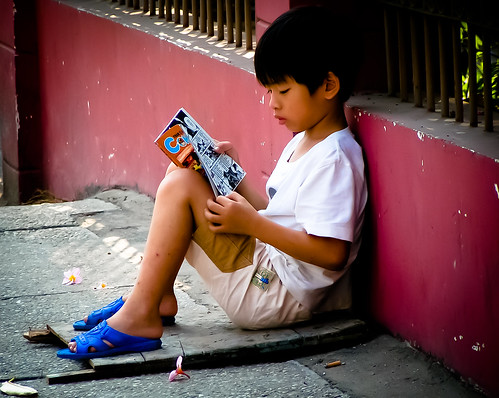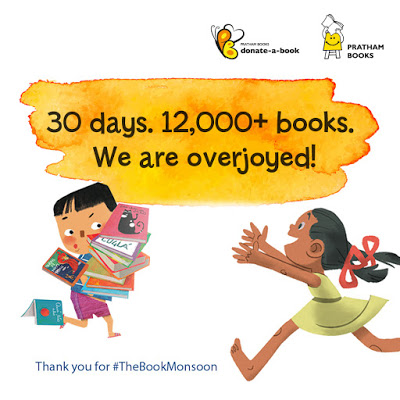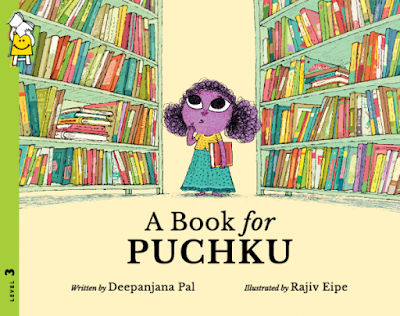Boys and Reading: Is There Any Hope?

This is exactly what boys do, in the classroom and in the library, as well as in the clubhouse. If we’re to counter this tendency and encourage reading among boys who may collectively resist it, boys need to be approached individually with books about their fears, choices, possibilities and relationships — the kind of reading that will prick their dormant empathy, involve them with fictional characters and lead them into deeper engagement with their own lives. This is what turns boys into readers.Given the rich variety in young adult fiction available today, this might seem easy. Not so.“The important question is why aren’t boys reading the good books being published?”He ticked off the standard answers: Boys gravitate toward nonfiction. Schools favor classics over contemporary fiction to satisfy testing standards and avoid challenges from parents. And teachers don’t always know what’s out there for boys. All true, in my opinion.There are other theories. On his Web site, guysread.com, the teacher and author Jon Scieszka writes that boys “don’t feel comfortable exploring the emotions and feelings found in fiction. . . . Boys don’t have enough positive male role models for literacy. Because the majority of adults involved in kids’ reading are women, boys might not see reading as a masculine activity.”But I think it’s also about the books being published. Michael Cart, a past president of the Young Adult Library Services Association, agrees. “We need more good works of realistic fiction, nonfiction, graphic novels, on- or offline, that invite boys to reflect on what kinds of men they want to become,” he told me. “In a commercially driven publishing environment, the emphasis is currently on young women.”It’s a cliché but mostly true that while teenage girls will read books about boys, teenage boys will rarely read books with predominately female characters.To me and I think to many prospective readers, today’s books for boys — supernatural space-and-sword epics that read like video game manuals and sports novels with preachy moral messages — often seem like cynical appeals to the lowest common denominator. Boys prefer video games and ESPN to book versions of them. These knockoffs also lack the tough, edgy story lines that allow boys a private place to reflect on the inner fears of failure and humiliation they try so hard to brush over. Editors who ask writers of books for boys to include girl characters — for commercial reasons — further blunt the edges.The argument over boys’ reading is not just about gender. This is business, not prejudice. Why publish books if they never reach prospective readers? That many of the edgy books boys would like to read are either not taught or are banned does nothing to promote the cause.
Read the entire article here.







